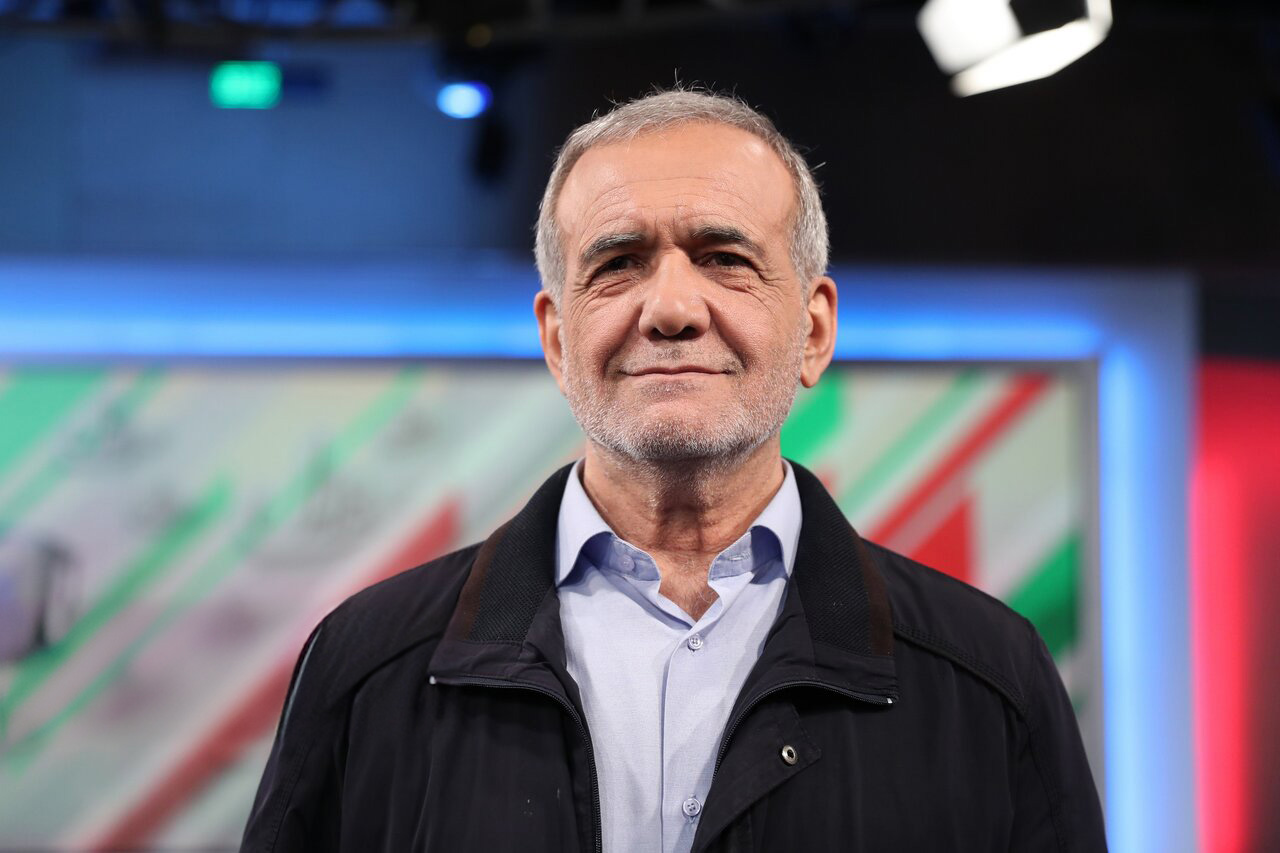Pezeshkian, a 69-year-old heart surgeon, beat his ultra-conservative opponent Saeed Jalili with 53.6 per cent of the vote.
After his win, Pezeshkian told people that his victory will “usher in a new chapter” for Iran.
“We are ahead of a big trial, a trial of hardships and challenges, simply to provide a prosperous life to our people,” he said at the mausoleum of the late Ayatollah Ruhollah Khomeini.
“By gaining [the] majority of the votes cast on Friday, Pezeshkian has become Iran’s next president,” the Ministry of Interior said in a statement.
A short while after the announcement, Jalili gracefully admitted defeat and said anybody elected by the people should be respected.
Pezeshkian will replace late ultra-conservative president Ebrahim Raisi who died in a helicopter crash in May.
Many Iranians have grown deeply disillusioned with Raisis’ strict regime and are hopeful for reform with Pezeshkian’s victory.
Small groups of Pezeshkian supporters took to the streets in celebration.
“The difficult path ahead will not be smooth except with your companionship, empathy, and trust. I extend my hand to you,” Pezeshkian said in a post on X.
In his speech on Saturday, Pezeshkian repeatedly praised Khamenei in an effort to avoid any potential conflict with Iran’s political groups, as Jalili commented.
“[Pezeshkian] once again repeated that he is not the president only for the reformists but also for every Iranian who did not vote for him,” Jalili said.
“That is very important, because Iran socially is quite a divided country now and that fragility is a great concern for the political establishment.
“So, now he’s promising to be a bridge between the state and the people.”
Pezeshkian is predicted to assume his duties within a month.
He will also have to officially be endorsed by the supreme leader Ayatollah Ali Khamenei in a ceremony, after which he will be sworn in at Parliament.
The supreme leader holds all the decision-making power in Iran’s dual political system rather than the president.






